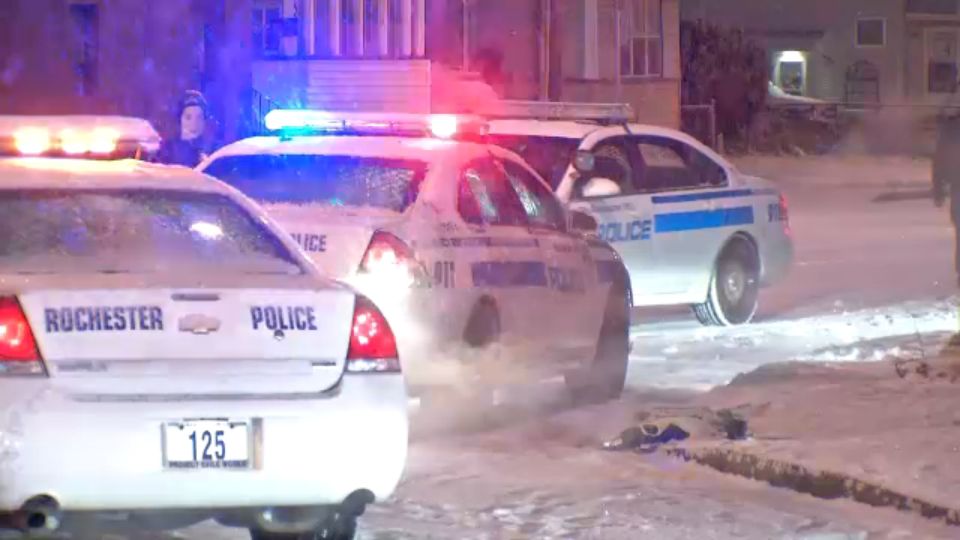The pepper spraying of a 9-year-old girl by Rochester police officers led state Sen. Samra Brouk to do what she felt was obvious: ban cops from using chemical irritants against kids.
This week, the freshman lawmaker along with Assemblyman Demond Meeks introduced the bill to ban the use of pepper spray, tear gas, and similar irritants by police against minors.
"I think that this bill is part of a national conversation at this point," she said. "Unfortunately we're in the headlines right now with what happened with this nine year old girl. I'm hoping we can use that momentum. Obviously this is a common sense response. Don't spray pepper spray in a little girl's face."
But Brouk does not expect this will be her last proposal to reform policing in New York as lawmakers and officials at all levels consider the problems of brutality and racism.
"We're eager to work with our local authorities and our elected officials," she said. "So as much collaboration we can create I think is best for our community."
Brouk is part of a new class of state lawmakers representing an upstate city in a seat previously held by a Republican. The Rochester delegation, which also includes Meeks and Sen. Jeremy Cooney, is likely to be a voice on the policing issue going forward.
And the conversation is not likely to end with pepper spraying minors.
The incident in Rochester comes less than a year after the death of Daniel Prude, who died while in police custody. National reform advocates have said the Prude case and others like it is an example of how responses need to change.
"I think that a social worker or a psychiatrist who is trained to respond rapidly in moments of crisis whether adults or children are far better equipped to de-escalate in those situations than police officers who are trained to hand cuff and arrest," said Beatriz Beckford, a director with the group MomsRising.
In New York, Gov. Andrew Cuomo has linked state funding for local governments and police departments to develop their own reforms by April 1.
Beckford wants the conversation over shifting those police responses should be held at all levels of government.
"We need legislators from the federal level all the way to the municipal level to be both enacting policy with community radically re-imagining how we approach public safety," she said, "and mental health in our communities."



